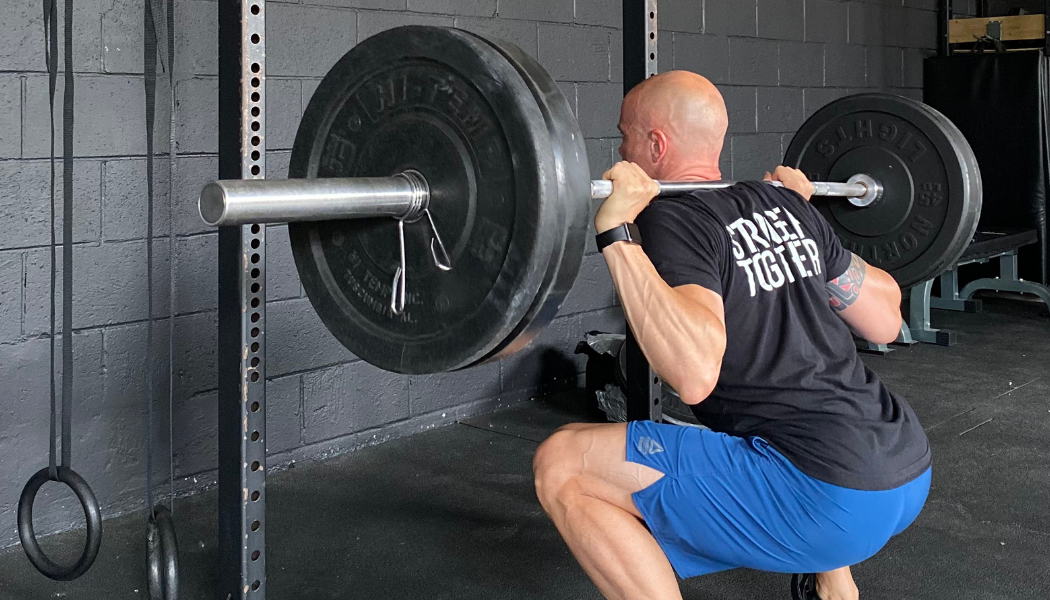Why Diets Fail Without Consistency and Accountability
How a Nutrition Coach Can Help.

Every year, millions of people start a new diet full of determination to lose weight and get healthy. Yet research shows that 80–95% of dieters regain the weight within 12 months. Why do most diets fail? It’s not simply lack of willpower—it’s a lack of consistency, accountability, and proper nutrition planning.
In this post, we’ll explore the science behind why diets fail, why working with a nutrition coach improves success rates, and how understanding calories and macros can finally help you achieve lasting fat loss.
Why Diets Fail Without Consistency
Many diets start strong but quickly fade because they rely on short-term, restrictive approaches that aren’t sustainable. Crash dieting slows your metabolism, causes intense cravings, and often leads to regaining even more weight than before.
Studies show that consistency—not perfection—is the key to fat loss. Small, repeatable habits like balanced meals, portion control, and regular check-ins outperform strict “all-or-nothing” dieting. Without structure and support, most people fall back into old eating patterns.
The Role of Accountability in Successful Fat Loss
A 2016 study published in Obesity found that people who had regular coaching check-ins were 65% more likely to maintain weight loss than those who tried to do it alone. Accountability works because:
- You have someone tracking progress and adjusting your plan
- Motivation stays high even when willpower dips
- A coach helps you navigate challenges like social events or busy schedules
Accountability isn’t just about reminders—it’s about having a partner who ensures you follow through on your goals long enough for habits to take hold.
Why Working With a Nutrition Coach Gets Better Results
A skilled nutrition coach doesn’t just hand you a meal plan. They:
- Teach Habit-Based Nutrition: Sustainable change happens through small, consistent habits, not drastic diets.
- Customize Plans: Every client’s needs, lifestyle, and metabolism are different. A coach adjusts your plan based on your progress.
- Provide Ongoing Support: Regular check-ins keep you focused and help you overcome obstacles that would otherwise derail progress.
Calories Matter—But Macros Matter More
Most people know that weight loss depends on calories in vs. calories out. But the quality of those calories matters just as much as the quantity.
- Protein: Preserves lean muscle while losing fat (recommended 0.7–1.0g per lb of body weight).
- Carbohydrates: Provide energy for workouts and daily activity.
- Fats: Essential for hormones and feeling full but should be balanced to avoid excess calories.
Weighing and measuring food helps build awareness of portions and ensures you’re hitting the right macro targets. Research shows that people who track their intake lose up to twice as much weight as those who don’t.
Final Thoughts
Diets don’t fail because you’re not trying hard enough—they fail because they lack the structure, accountability, and understanding of proper nutrition needed for lasting success.
Working with a nutrition coach gives you the tools to stay consistent, build sustainable habits, and master the balance of calories and macros for long-term fat loss.
More Posts




